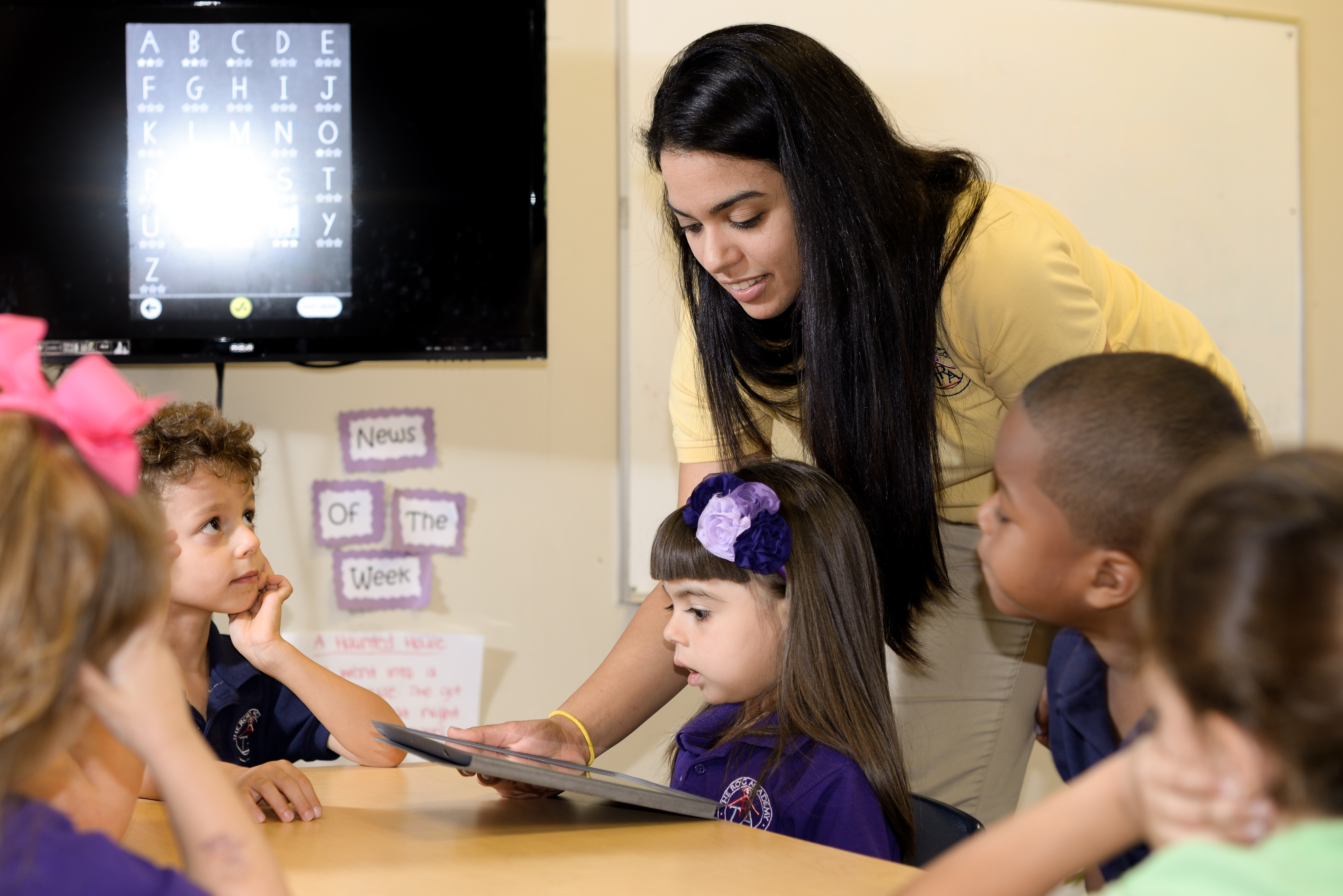Technology is entwined in almost part of our daily lives. It affects how we communicate, play, socialize, and learn. Now, technology is taking a part in classrooms. Smartboards, iPads, and Chromebooks are replacing chalkboards, notepads, and textbooks. With the strong digital future that lies ahead of us, it is only natural that schools are embracing the role technology can play in improving the learning experience.
Here are some reasons why technology in elementary education is important.
1. It expands the possibilities for teachers
Technology expands the realm of possibilities for how teachers teach. A PBS LearningMedia study found that three-quarters of teachers they interviewed found many benefits of educational technology. Benefits were that technology enables teachers to reinforce and expand the content, it motivates students to learn, and technology allows them to respond to a variety of learning styles. Further, 7 out of 10 teachers surveyed said technology allows them to “do much more than ever before” for their students.
2. Technology makes education more flexible
Matt Wallaert, a behavioral scientist at Bing, says, “We don’t all have to study the same thing anymore. One kid can be interested in butterflies and take a journey down that path, while another can be learning about rockets, and both are learning practical skills of physics.” Everyone learns differently. Hence, with a classroom full of children with different learning abilities, technology allows us to implement differentiated instruction.
3. Technology makes learning exciting
Technology occupies an important space in students’ lives. When not in the classroom, almost everything students do is connected to technology. A study by IT Trade Association CompTIA, found students prefer learning with technology. Overall, they feel that it makes learning more interesting and fun. Additionally, this study found that technology helped improve students’ retention rates.
4. Technology prepares students for the future
Finally, technology in elementary education is important because it helps prepare students for the digital future. It teaches 21st-century skills are necessary to be successful in today’s world. Now, a majority of jobs have a digital component that will only grow and get more complex as time goes on. Therefore, technology prepares students for their future. Further, it sets them up to be successful in our increasingly digital economy.
To those who are still unsure about using technology in elementary education, Dylan Arena, Ph.D., co-founder and chief learning scientist at Kidaptive says, “Technology by itself will almost never change education.” Further, Arena says, “The only way to change educational practices is to change the beliefs and values of teachers, administrators, parents, and other educational stakeholders– and that’s a cultural issue, not a technological one… It’s about processes and people rather than bits and bytes.”
In conclusion, there are several benefits of technology in elementary education. The use of technology at Roig enhances our multi-sensory approach to education by providing innovative, interactive approaches to learning.

